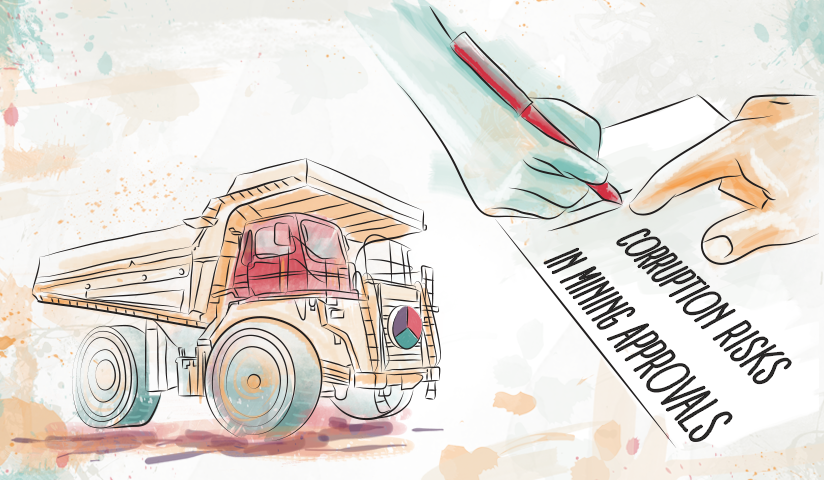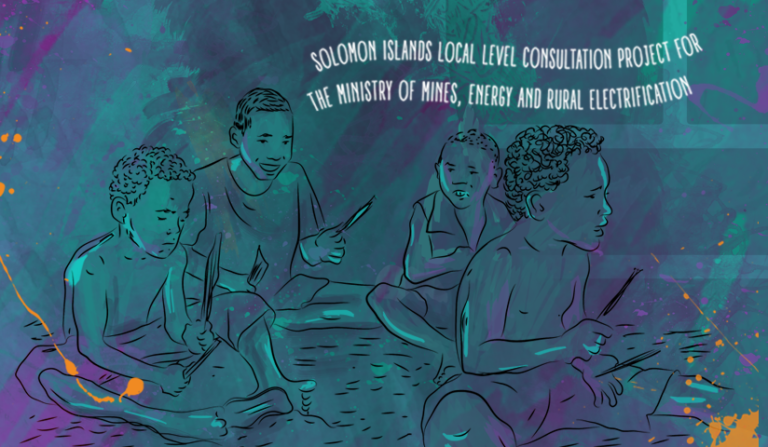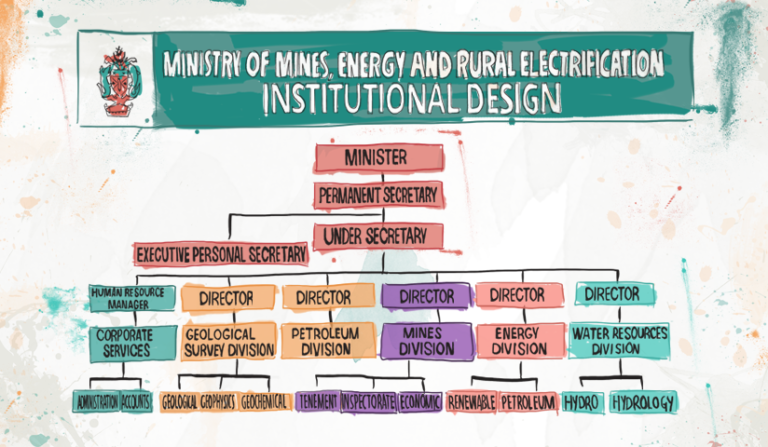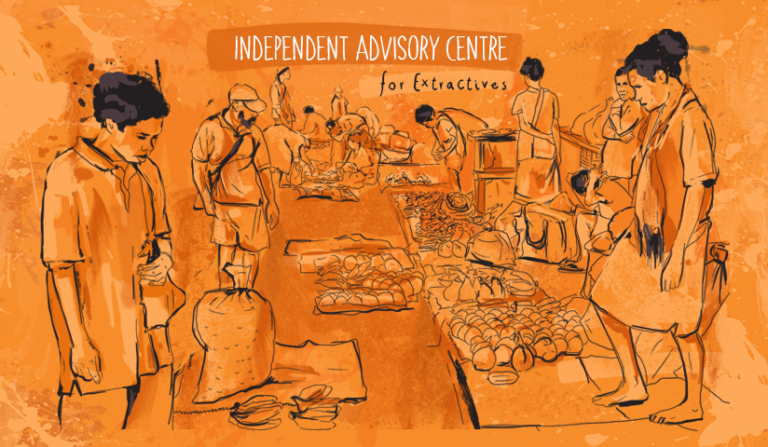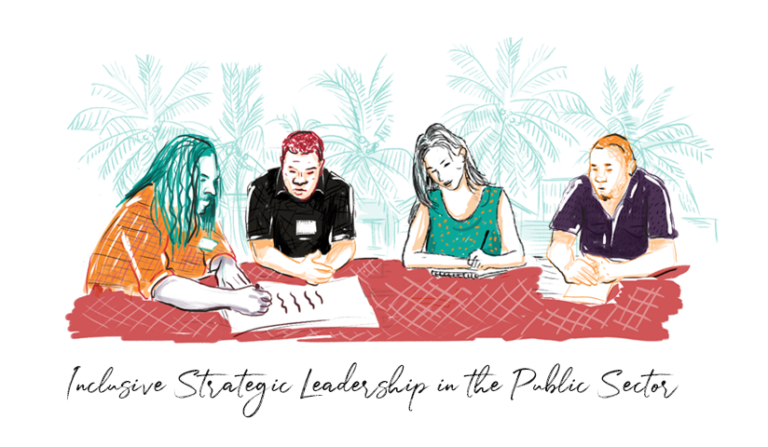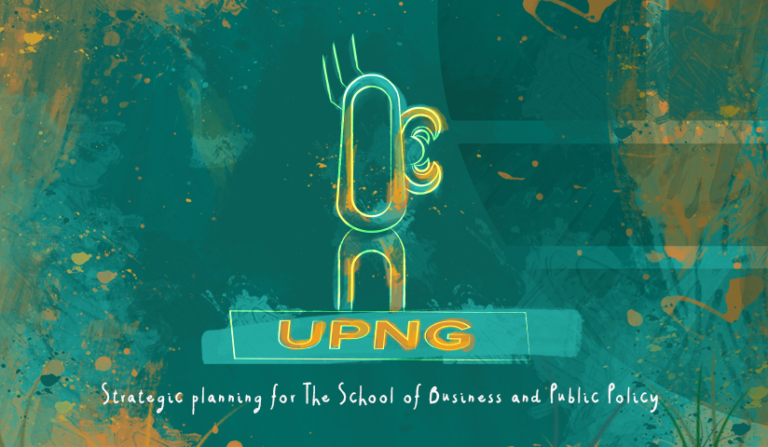Corruption Risks in Mining Approvals: Australian Snapshot from the Mining for Sustainable Development Programme
Corruption in the mining approvals process can result in poor decisions about the environmental, social and environmental impacts of a project. State revenues can be captured, and local benefits can be constrained. To help prevent corruption from occurring, corruption risks must be understood. Transparency International’s Mining for Sustainable Development Program ...
